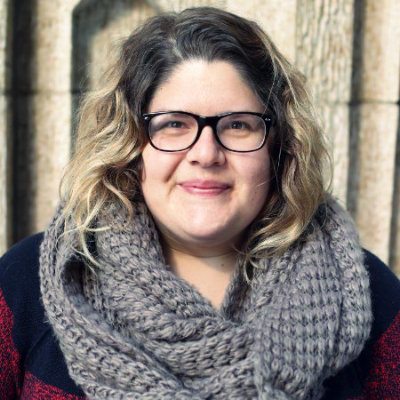Hey there. I’m Carl Tashian and I’ve been an engineer and entrepreneur for the past 20 years. I wrote the code that opens your Zipcar and I built and led Yerdle’s engineering team. Now I’m working on a book about the full scope of the lives of engineers. As we all in this business know, this includes a lot of issues people don’t expect.
For starters, software developers have to employ their creative side to be successful. They need to use their empathy, playfulness, and intuition to go beyond expected outcomes or solutions. They also have to go through a tough emotional journey, dealing with heightened personal and market expectations of a growing industry. Then there’s the high bar for strong communication and leadership skills — both when we’re writing code and when we’re not. So it’s not just about the coding.
My goal, through the book and a series of articles that will be appearing at App Academy, is to help engineers overcome some of the personal challenges that come up in these areas by helping them develop enduring, useful traits.
I have a lot of experience interviewing engineers at different points in their careers and from different kinds of teams. For these articles, I want to understand their path to engineering, how they approach their work, what they have learned about themselves so far in the journey, the challenges of the role they are currently in, and so on.
One of the more interesting types of engineers from recent years have come from bootcamps, such as those from App Academy. So am excited to get started with one, Kat Telles, who is working at Twitter, one of the country’s top tech companies.
HI KAT, PLEASE TELL ME ABOUT YOUR BACKGROUND BEFORE, DURING AND AFTER APP ACADEMY.

I grew up in the Bay Area and studied History in college. My face was always in a book, but I had no technical skills until recently. I got a Master’s degree in History in the UK and was pursuing a career in academia.
I came back to the Bay to take a break between my Masters and Ph.D work. I ended up with a random job at a startup company off Craigslist. It started out as a Data Entry position but it turned into a full-time Community Manager role. I worked there for a year, then went to another startup as a Marketing Manager. But I was getting more into the technical side with each role.
I secretly moved into tech. At my first startup job, I sat next to an engineer and I asked him questions about making websites. Then I would go home and study about them. But I didn’t tell anyone. I didn’t tell anyone even when I went to bootcamp. It wasn’t until I got my first job after attending App Academy that I told some people around me that I had been trying to get into this industry.
SQL was the first language I got into. My manager asked me to write a query to learn more about our customers. Then I learned HTML and CSS to design email templates. That was the beginning. I enjoyed it and started taking community college classes in C\+\+ at Chabot College in the East Bay and San Francisco’s City College.
I knew I wanted to pivot into engineering [from the beginning]. But getting a Masters or Bachelors in Computer Science would take way longer than I wanted. So I went to App Academy. Its tuition model is that you pay a percentage of your first year’s salary for your tuition, and that worked well for me.
App Academy was the hardest thing I’ve ever done. It was a month of preparation, then 12 weeks of class, and then [working at] finding a job. So it was a five-to-six month push. [You’re in] class for eight hours a day, then studying for five hours after class. [And you also work] all weekends, studying for 12 hours a day.
It was so different from my Masters degree. The Masters was all about reading and writing. With App Academy, it felt so much more mathematical and scientific. And I don’t have a background in that, so I was training my brain to think in a different way. I had to work even harder than the average bootcamp grad because I didn’t have that quantitative background going into it.
WHY DID YOU GET INTO ENGINEERING?
Engineering was this new untapped world that I knew nothing about. So it seemed like a really awesome challenge. And no matter how many years you work at it, there’s always something new to learn: a new framework, a new language, a new concept. So, becoming complacent isn’t going to be a problem for the foreseeable future.
Even in high school I never pushed myself in science and math. I think I pigeonholed myself early. I felt like technology, math, and science just wasn’t for me.” It wasn’t until my mid-20s that that [mindset] changed.
So




